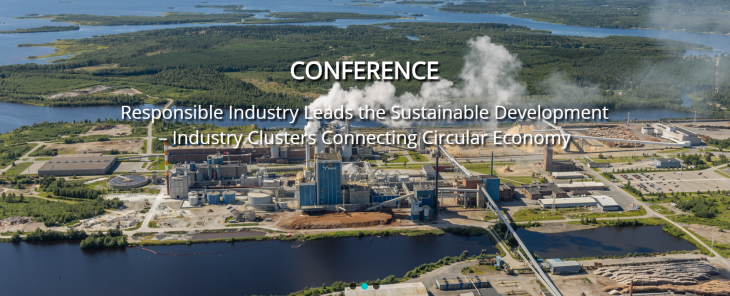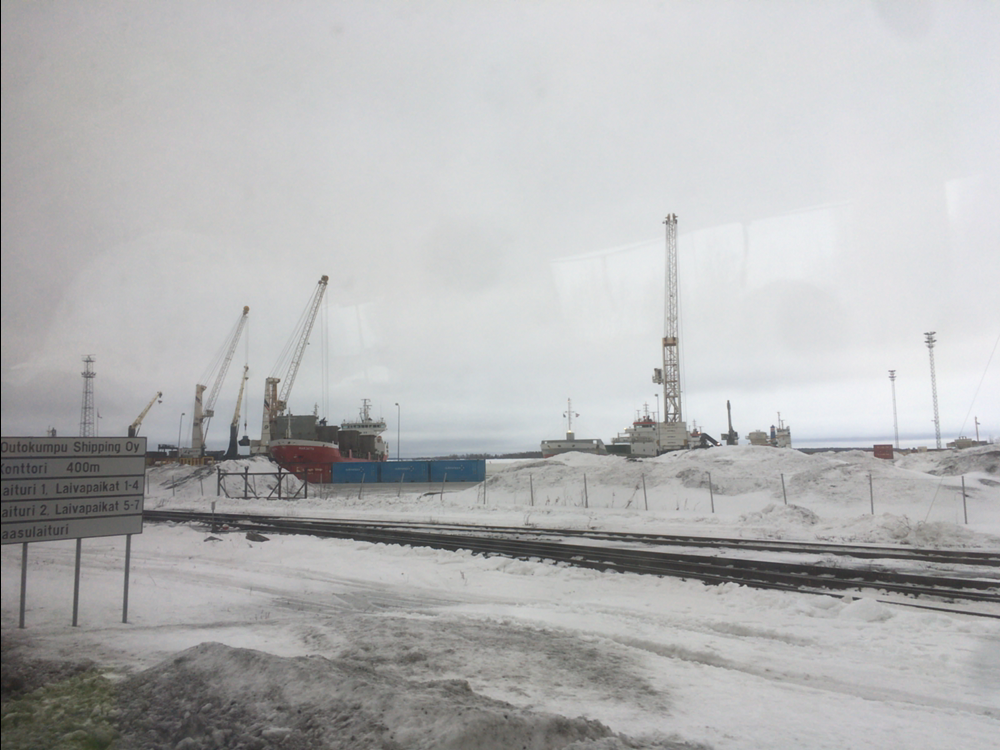Conclusions on the Conference "Responsible Industry Leading the Sustainable Development on the example of Industry Clusters Connecting Circular Economy"
The conference “Responsible Industry Leading the Sustainable Development on the example of Industry Clusters Connecting Circular Economy”, organized by the Regional Council of Lapland in cooperation with European Commission (GROW.F2), Digipolis Oy (circular economy cluster) and City of Kemi, Finland was held in Kemi, Finland on the 11th-12th of February.
On the first day of the conference, more than 100 representatives of local, regional, national and European public authorities together with industry and civil society stakeholders and researchers shared their experiences and provided insights on how industry clusters can foster the industrial transition to circular economy.
The conference covered the following themes:
- Opening statements set the grounds to the discussions with an overview of both the challenges ahead to ensure a sustainable use of resources - investment, changes in consumers behaviour, innovation and knowledge sharing - and the political context at European level aiming at facilitating a transition to circular economy (DDG J.Drake, DG ENV, Director S.Tokarski, DG GROW);
- Representatives of public authorities at different levels of governance - city-level, regional, supra-regional and European - shared initiatives and steps undertaken to support the industry in turning circular. They demonstrated how cities, regions and macro-regions together with their industries can draw on collective strengths to carve out innovation-focused value chain opportunities; the role of clusters were underlined as accelerators.
- Key intermediaries to SMES, such as industry clusters but also EREK (European Resource Efficiency Knowledge Centre) Network member, provided their insights on how clusters can represent ideal local ecosystems to recycle, to use waste as a resource and to foster circular economy. The ability of cluster organizations to connect and facilitate collaboration between the different stakeholders of value chains has been stressed as a key element in the success of the implementation of circular economy;
- Reflections from different stakeholders – public and private, large companies and SMEs – all involved in the development of the Artic Industry and Circular Economy cluster have allowed participants to the conference to seize the challenges in terms of coordination, investment, commitment and knowledge to achieve the transition of an industrial ecosystem to circular economy.
- Good examples and best practices were also provided; circular projects at local level and long-term strategies to use resources in a more sustainable way, but also concrete cases of cooperation between large companies and SMEs, such as the cooperation between the stainless steel manufacturer, Outokumpu and one SME, CrisolteQ, which led to the development of an innovative solution for recycling the residual of the production of steel, now patented.
- The creation of an European Alliance for Cross-Industrial Circular Economy Investment was announced with the aim to accelerate the development of world-class circular economy solutions to industry.
- This conference is a step forward to the road to the European Cluster Conference 2020 in Berlin on the 9-11th of November.
Please find all presentations during the conference on the event website here.
The second day of the event was a field visit of the Kemi chrome mine and Outokumpu site, where stainless steel is produced with a recycling rate of 85%. The different presentations and the visit of the sites demonstrated how a mining and steel manufacturing industry has turned to become one of the largest circular hub in Europe.






